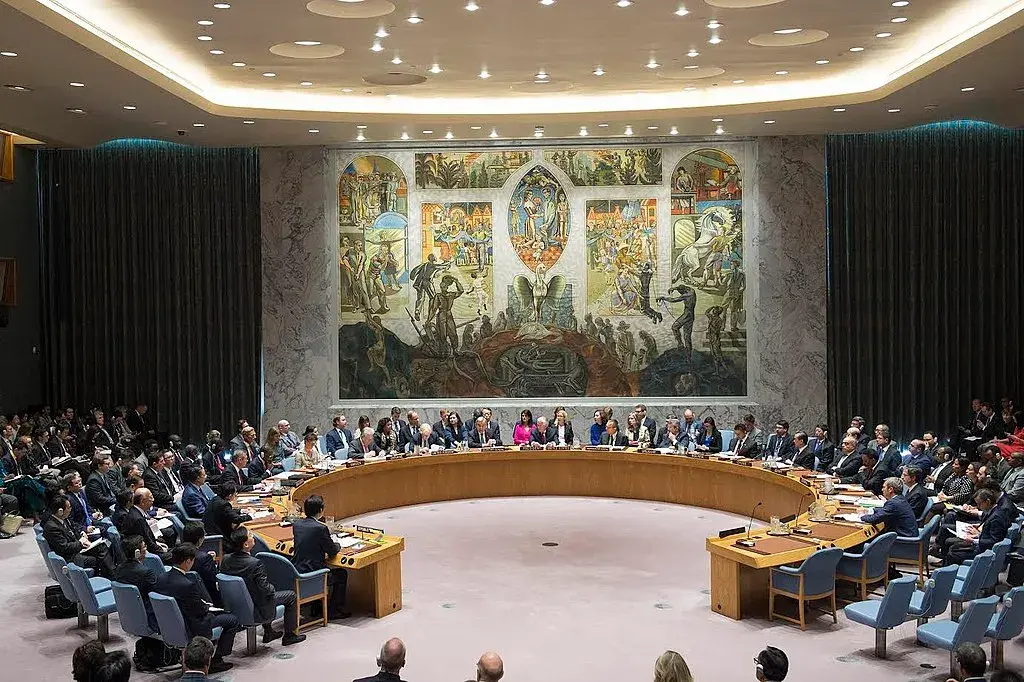Rising Houthi attacks prompt shipping route shifts and economic concerns

The recent escalation of tensions in the Red Sea prompted an urgent convening of the UN Security Council on Wednesday, drawing attention to a series of assaults carried out by Yemen’s Houthi rebels. The meeting, called as an emergency response, aimed to address the mounting concerns stemming from these incidents.
During the session, UN Assistant Secretary-General Khaled Khiari emphasized the critical need to avert a military escalation in the region, cautioning against the multifaceted repercussions it could trigger.
Highlighting the potential for adverse political, security, economic, and humanitarian fallout, Khiari stressed the imperative for all involved parties to prioritize de-escalation measures. Emphasizing the significance of restoring normalcy to Red Sea traffic, Khiari underscored the importance of preventing Yemen from becoming entangled in a broader regional conflict.
While the Houthi rebels claimed their actions were targeted at vessels associated with or bound for Israel, reports revealed attacks on ships with no apparent connection to Israel.
Consequently, numerous prominent shipping companies opted to suspend operations in the Red Sea, redirecting their vessels on longer routes around South Africa.
Arsenio Dominguez, Secretary-General of the International Maritime Organization, addressed the Council via video link, emphasizing the need to safeguard the freedom of maritime navigation.
Dominguez highlighted the concerning impact of Houthi attacks on international trade, noting that approximately 18 shipping companies had already rerouted their ships to avoid the area, lengthening their journeys by an additional 10 days. This redirection not only affects trade but also imposes added burdens on seafarers and raises freight rates.
Amid these developments, apprehensions loom over the potential short-term repercussions, including increased shipping expenses and oil prices due to the disruption in maritime activities. The situation has raised broader concerns about the economic implications and operational challenges faced by the shipping industry.
The Security Council’s discussions centered on the imperative of mitigating tensions, ensuring unhindered maritime navigation, and safeguarding the stability of global trade routes amid the ongoing developments in the Red Sea region.







